10 Ingredients to Supercharge your Smoothies
Understanding Spices
Your cart is empty.
SUBTOTAL
£0.00

Understanding Spices
Smoothies are a great way to incorporate more vitamins and nutrients into your diet. They’re colourful, taste delicious and are easy to knock down in just a few sips. While fruit and vegetables are smoothie staples, there are plenty of other ways you can make smoothies healthier. Adding protein, grains, seeds and spices are all easy ways to supercharge your smoothies as they’re packed with essential vitamins and minerals. If you’re looking to make your smoothies more interesting, these superfood ingredients will add an extra boost of goodness.
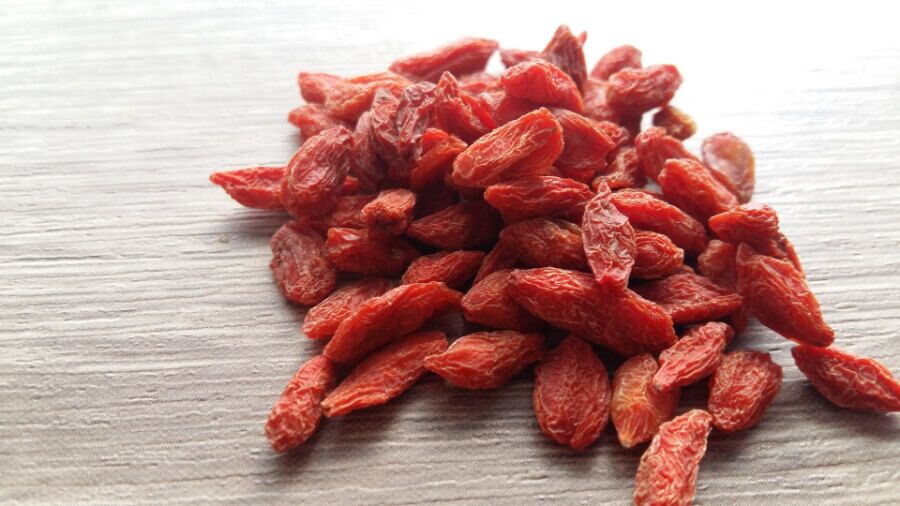
In recent years, goji berries have become popular in the kitchens of the health-conscious. These berries have been used in traditional Chinese medicine for thousands of years, and it’s not hard to see why. Packed with antioxidants, vitamin C, amino acids and trace minerals, they’re the perfect health-boosting ingredient. They’re also low in sugar and high in fibre which will keep you feeling full for longer. Not only will they add a pop of colour to your smoothies, goji berries will also satisfy your sweet tooth, with a slightly sour taste similar to cranberries.
Acai berries are another superfood fruit packed with health benefits. They’re naturally low in sugar compared to other fruits, and contain healthy fats, trace minerals and antioxidants – three times the amount found in blueberries. These berries have a unique taste, often described as a mix between blackberries, red wine and dark chocolate. As acai berries have a short shelf life, outside of Central and South America they’re sold as a frozen fruit puree or dried powder.
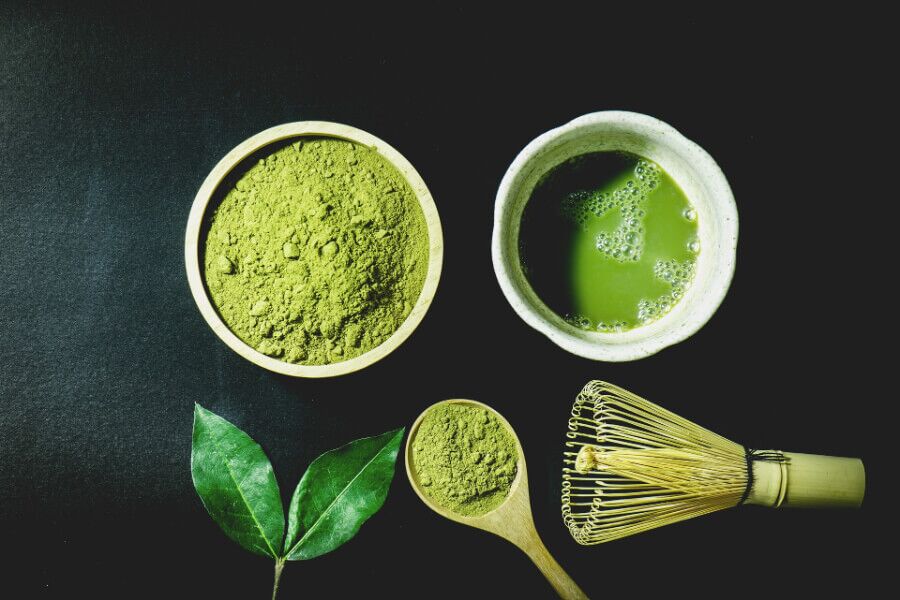
Matcha has increased in popularity recently, with matcha flavoured drinks and desserts appearing everywhere. This finely ground powder is made from specially grown and processed green tea leaves. Green tea leaves used for matcha are grown in the shade for three to four weeks before harvest to increase chlorophyll production which boosts the amino acid content. Matcha contains high levels of antioxidants, is virtually calorie-free, and is great for weight loss as it boosts your metabolic rate and stops the growth of fat cells. Add it to morning smoothies for a boost of energy.
Not to be confused with matcha, maca is a Peruvian plant which grows in the Andes mountains. This cruciferous vegetable is commonly used in Peruvian cooking, and has been credited with enhancing energy, stamina, memory and fertility. It’s also a great source of vitamin C, copper, iron, and fibre. Maca is commonly sold in powder form and has an earthy and nutty flavour. It’s a fantastic replacement for your morning caffeine fix, or as a pre-workout drink, as it gives you energy and endurance without the effects of caffeine.
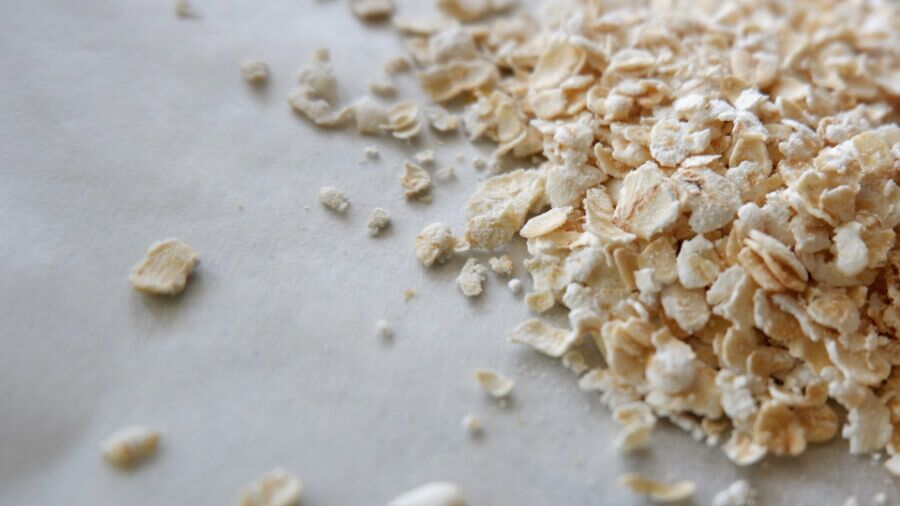
You may be used to oats in your morning porridge or muesli, but next time you make a smoothie, try adding a handful of this fibre-rich staple. There’s no need to cook them first – simply add them to your blender for a thick smoothie that will keep you full for hours thanks to the high amount of fibre. Oats are also a great source of protein, as well as minerals like manganese, phosphorus and magnesium. As the oats will be ground in the blender, you can use any kind you want – rolled oats or quick oats both work fine – just make sure the packet isn’t sweetened.
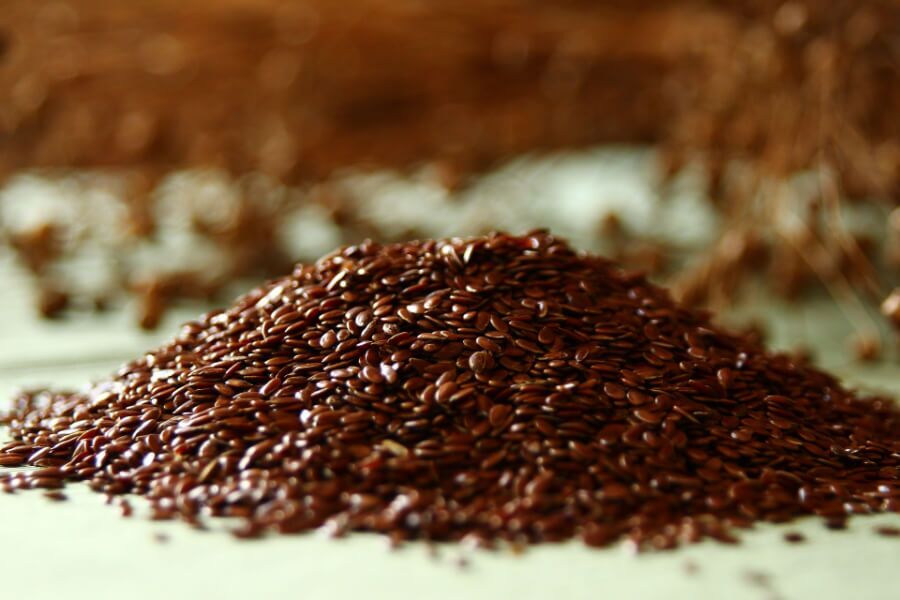
Flaxseeds are one of the oldest crops, grown since the start of civilisation. It’s only in recent years that they’ve become a superfood and an essential ingredient for the health-conscious. The seeds are loaded with nutrients, and just one tablespoon provides a good amount of antioxidants, fibre, protein and omega-3 fatty acids. Not only that, but a study by Harvard University linked the consumption of flaxseed to a 37% increase in weight loss. Add a spoonful of ground flaxseeds to your smoothies – you’ll get more nutrition from ground seeds as whole flaxseeds may pass through your body undigested.
Speaking of seeds, chia seeds are another fantastic ingredient for your smoothies. These tiny black seeds of the chia plant are native to Mexico and Guatemala and were a staple for the Aztecs and Mayans. Chia seeds pack a punch when it comes to fibre, protein, omega-3 fatty acids, minerals and antioxidants. They’re hydrophilic, meaning they soak up water and form a gel – they can even expand up to ten times their size when in contact with liquid. Adding them to smoothies will keep you full and your appetite curbed. You’ll find that black chia seeds are more common than white chia seeds, but there aren’t many differences in terms of nutritional content.
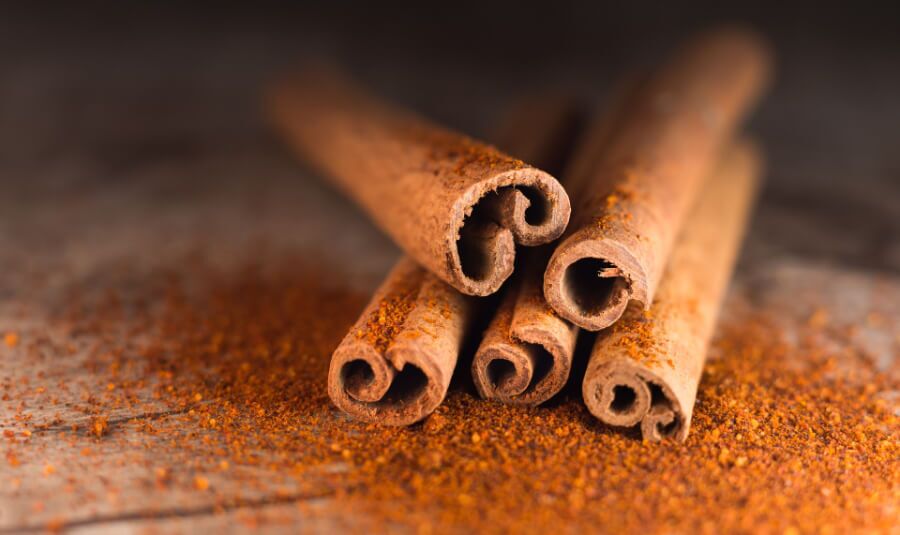
Some spices can work really well in smoothies, as they add a little kick as well as extra health benefits. Cinnamon, a delicious and fragrant spice, can help to boost the flavour of your smoothies without adding any calories or sugar to them. The spice is also loaded with antioxidants, anti-inflammatory and antibiotic properties. Just half a teaspoon of cinnamon mixed into a banana smoothie can give you a dessert-like drink without the guilt.
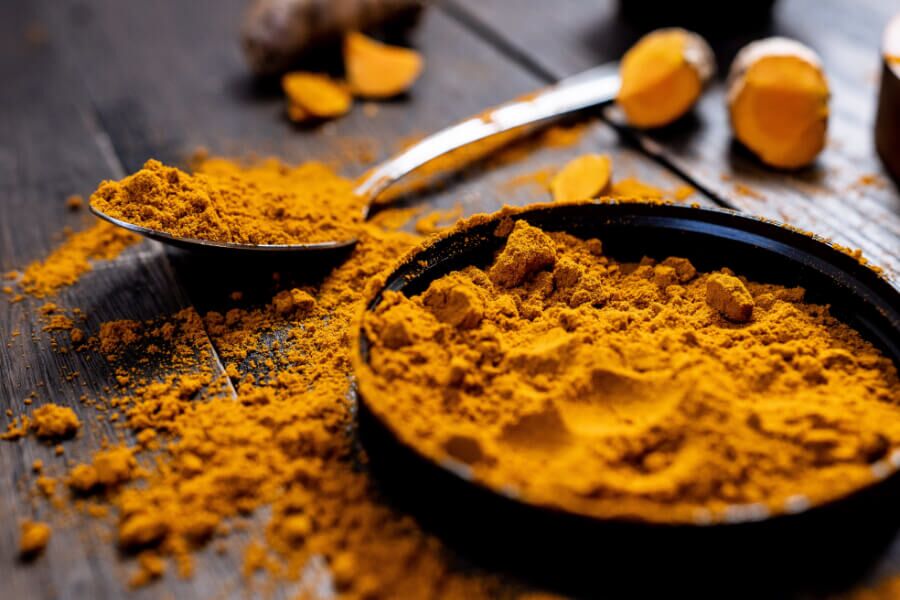
Turmeric is another spice you can add to smoothies. Although it’s one of the main ingredients in curries, it’s virtually flavourless and when used in small amounts in smoothies you won’t be able to notice the taste. It does, however, come with a whole load of health benefits. Turmeric is known for its anti-inflammatory properties, strengthening the immune system and helping the body to fight off pathogens. It’s also great for your joints and regulates your blood sugar.
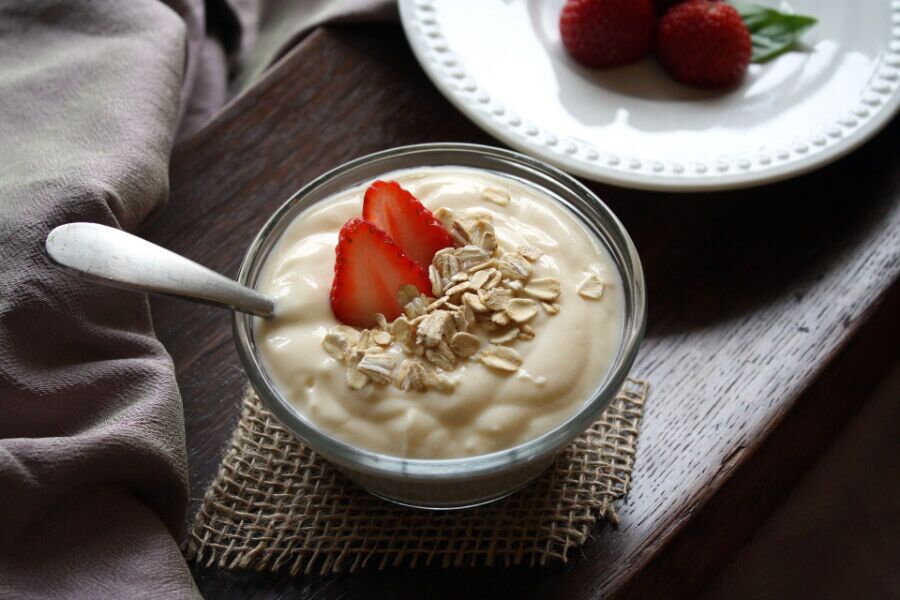
For a little more protein in your smoothies, Greek yoghurt is a delicious addition which will also make your smoothies thicker and creamier. Greek yoghurt and regular yoghurt are made with the same ingredients but differ in texture due to the production process. Greek yoghurt is thicker and creamier because the whey has been strained and removed from it. This is why the nutritional content is different – Greek yoghurt contains nearly triple the amount of protein as regular yoghurt does, although regular yoghurt contains more calcium.
Understanding Spices
Spices have long been integral to the UK's culinary landscape, adding depth, flavours, and richness to a myriad of dishes. From the pungent aroma of cumin in Indian curries to...
Read MoreUnderstanding Spices
Confetti is an essential part of any wedding day. Not only is it a wonderful way to greet a newlywed couple, but it also provides some beautiful photo opportunities. The...
Read MoreSeasonal Ideas
It’s no secret that any handmade gift will always be more special than a store-bought one. Homemade food gifts are especially wonderful, a labour of love that shows someone you...
Read MoreHealth and Wellbeing
It’s no secret that winter’s cold and gloomy weather makes us crave indulgent dishes like fondue and baked goods like sticky toffee pudding and apple crumble. While Christmas is the...
Read More